As Mancunian Matters awaits the Spring Statement announcement today, we’ve put together a recap of 2024’s Autumn Budget.
Announced in October, this was Labour’s first budget in 14 years, and here were the key takeaways:
Taxes
Taxes would be raised by £40bn to fund the NHS and other public services.
National Insurance contributions for employers would increase to 15% from April 2025.
Basic rate on capital gains tax on profits from selling shares would increase:
- Lower rate from 10% to 18%
- Higher rate from 20% to 24%
Inheritance tax freeze extended to 2030:
- The first £325,000 can be inherited tax-free
- £500,000 for direct descendents
- £1m for a surviving spouse or civil partner
Stamp duty surcharge for second homes in England and Northern Ireland would go up from 3% to 5%.
Wages, benefits, pensions
£240m in funding for health and employment services for people with disabilities and long-term illness.
Legal minimum wage increase:
- 6.7% rise for 18-20s: from £8.60 to £10
- 16.3% for over-21s: from £11.44 to £12.21 per hour
4.1% increase for basic and state pension payments.
Eligibility broadened for carer allowance, meaning the maximum earnings threshold would rise from £151 to £195 a week.
Transport
The £2 cap on bus fares would not increase for Greater Manchester or London, but would rise to £3 for the rest of England.
A commitment to the much overdue Transpennine rail upgrade between York and Manchester.
An extra £500m to repair potholes in England.
A 5p cut in fuel duty extended until April 2026.
Public services
Day-to-day spending on NHS and education would rise by 4.7%, facilitating 40,000 extra hospital appointments and procedures, new hospital beds, rebuilding 500 state schools and investment in SEND.
Defence spending would rise by £2.9bn.
The Home Office budget would shrink this financial year by 3.1% followed by another 3.3% next year from assumed savings from the asylum system.
£1.3bn extra funding for local councils.
Housing
The affordable homes budget would receive an extra £500m.
Social housing would see changes from increasing rents above inflation and discounts for the right to Buy scheme reduced.
Economy
Public finances would be in surplus by 2027-2028 financial year, reaching stability two years earlier than planned.
The Office for Budget Responsibility predicted UK economy growth from 1.1% in 2024, to 2% this year, and 1.8% in 2026.
OBR also predicted UK borrowing would increase by an average of £32.3bn over the next five years due to budget policies.
Other
£11.8bn was allocated to compensate victims of the infected blood scandal.
£1.8bn was allocated for wrongly prosecuted Post Office sub-postmasters.
Extra spending in England would mean:
- An extra £3.4bn for Scotland
- £1.7bn for Wales
- £1.5bn for Northern Ireland
All government departments would need to reduce their budgets by 2% next year through innovative technology such as AI.
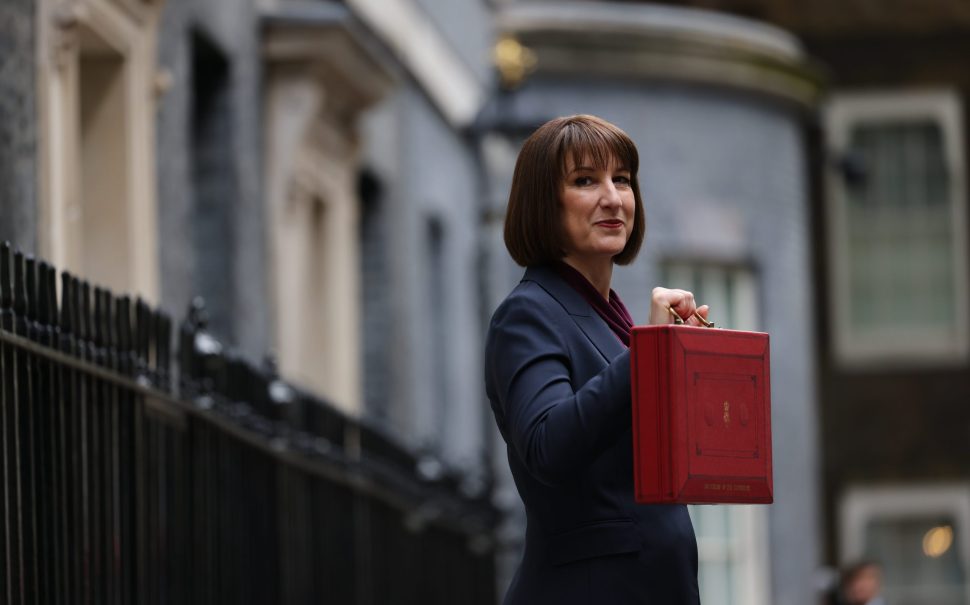
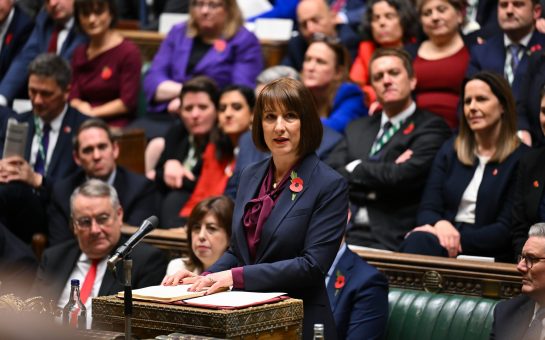
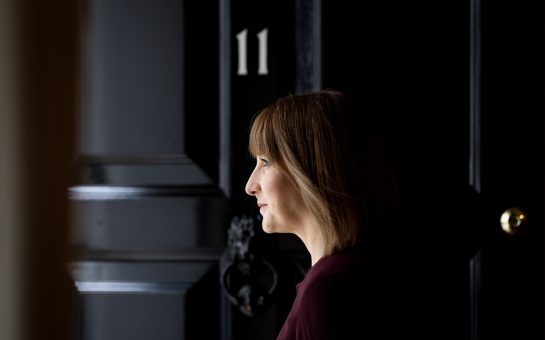
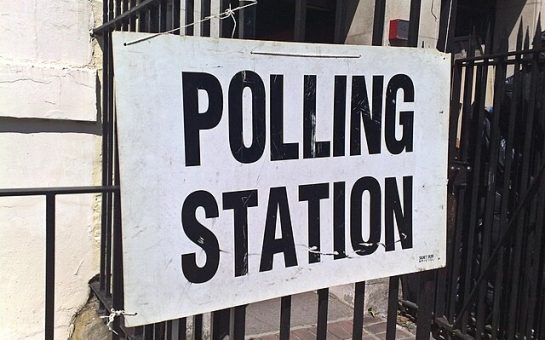
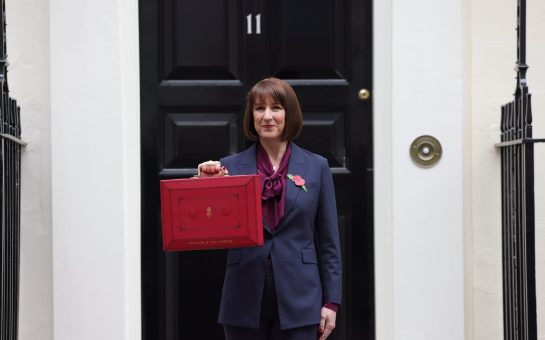
Join the discussion